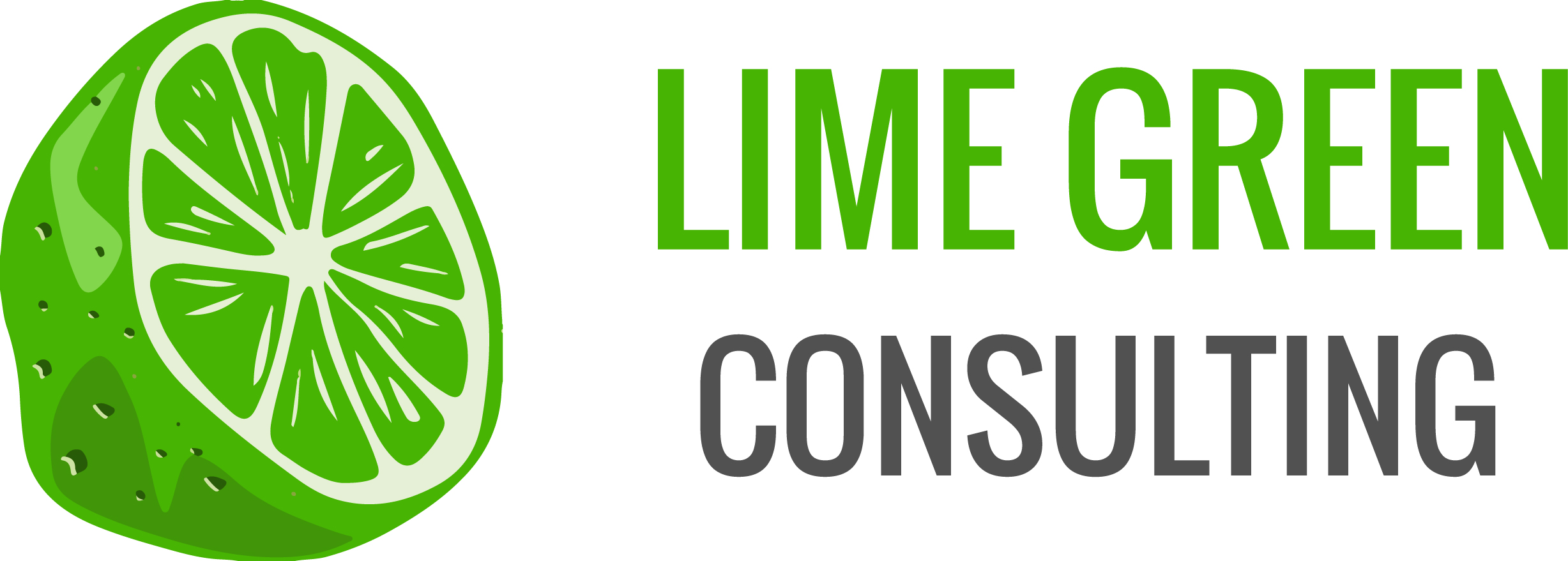|
It's often said that good fundraising and dating etiquette have a lot in common. We're frequently using dating analogies during our fundraising training and work with charities, so we've taken the plunge (prompted by a chat with our consultant Gemma Pettman) and included all our favourite lessons in one place... Don't talk about yourself all the timeWe've all had one of those terrible experiences with someone who can’t stop talking about themselves. You keep asking them questions but they never ask you anything in return, and you can’t get a word in. Doesn’t feel great, does it? Charities can be guilty of the same thing. Of course it’s important to tell your supporters and donors what you’ve been up to, but also take the time to find out about their interests and reasons for supporting you. It’ll make them feel valued and will help you to improve and personalise your content in future. Like with dating, finding common ground helps to create chemistry. I remember hearing someone once say that it’s a common mistake to “we all over your supporters” (I’d love to give credit for this delightful phrase, but I can’t remember where I heard it). When you’re next writing a newsletter or annual review, instead of just talking about what “we” have achieved, try engaging your supporters better by talking about what “you” have helped to accomplish. Don't expect too much on the first dateOne for the major donor fundraisers out there. You probably know it takes time to get to know a donor prospect and cultivate a relationship with them, but fundraisers often feel under pressure to make the ask and secure that donation immediately. If you’re not sure why this is a bad idea, try going on a first date with someone and asking them to marry you or hop into bed with you after one hour. When you have a first meeting with a prospective donor, you’re probably both expecting it to lead somewhere eventually. But while you might both have done your research, you need time to explore their interest in supporting your charity, understand which of your projects or activities most appeal to them, and build a picture of how much they might be willing to give. This may take several meetings, and cultivating a major donor to the point of making that first donation can easily take 12-18 months. The long-term payback will be worth it, but rush things and you’ll get nowhere. Don't talk about your ex all the timeTrusts and foundations often say that they won’t fund work which they consider to be a statutory responsibility, even at a time when statutory funding is being withdrawn for critical services. This is understandably very frustrating for charities, and it can be hard to work out what a funder means by this. Often, funders simply don’t want to feel that they’re just picking up the slack for government spending cuts, or that you’re only interested in them because another source of income has disappeared. Telling a funder that you need their support because statutory funding has been cut is a bit like going on a date and talking about your ex the whole time – hardly a good way of making the new person in your life feel special. Instead of just re-hashing a previous statutory-funded service, show that you’re over the past by talking about your work as an exciting and valuable project in its own right, clearly explaining why it's a response to your beneficiaries' real needs and how you'll deliver social impact. Don't call them by another name by mistake!Accidentally calling someone by your ex’s or another person’s name is just about the worst thing you can do. In both dating and fundraising, it can easily happen if you’re not careful. We all use previous funding application content as a shortcut for writing new bids. But please, check it VERY carefully to make sure that it doesn’t contain the name of a previous funder or contact, or your application could be destined for the bin. While we’re on the subject of names, always personalise your letters. That funding appeal or thank you letter which begins with ‘Dear Supporter’? If you’re wondering what impression that makes, try going on a first date and calling them ‘Date’ for the whole night… Invest time in keeping the spark aliveMost relationships begin with a honeymoon period where everything is new and exciting, and you can do no wrong. Sooner or later, you start noticing the little things about the other person that annoy you, you forget your manners, and you have to find new ways to keep things interesting or it might all fizzle out. In the same way, most donors won’t just keeping giving to you unless you keep paying them attention, educating them about your work and giving them new ways and reasons to support you. A good donor relationship is built on engaging newsletters, memorable thank yous, invitations to events and maybe even the occasional call to say “I love you”. This takes time but it’s well worth the effort, as well as being the right thing to do. It’s easy to just focus on acquiring new donors, but it can be far more valuable to keep the spark alive with current ones. "It's not you, it's me" – know when to walk awaySometimes a donor or funder simply isn’t the right match for your organisation – and, just like in a relationship, it can be nobody’s fault.
A trust may have financial restrictions (e.g. on the percentage of overheads you can claim) that could put your organisation at risk if you accept a grant. A major donor may want a level of recognition or control in return for their donation that you’re not able to provide. Accepting a corporate donation may compromise your charity for ethical reasons, even if it wouldn’t be a problem for another organisation. Successful fundraising involves being confident enough to sometimes say no for your own good, without pointing any fingers. After all, there’s plenty more fish in the sea.
11 Comments
|
Like this blog? If so then please...
Categories
All
Archive
May 2024
|
Lime Green Consulting is the trading name of Lime Green Consulting & Training Ltd (registered company number 12056332)




 RSS Feed
RSS Feed